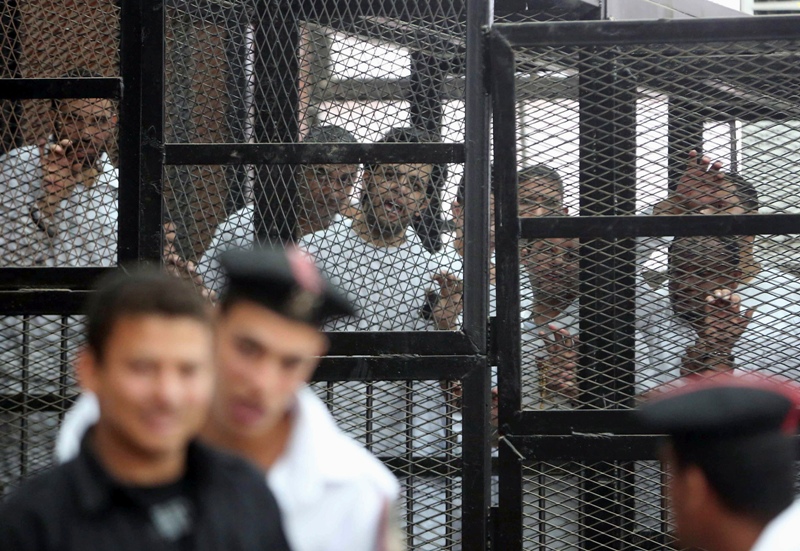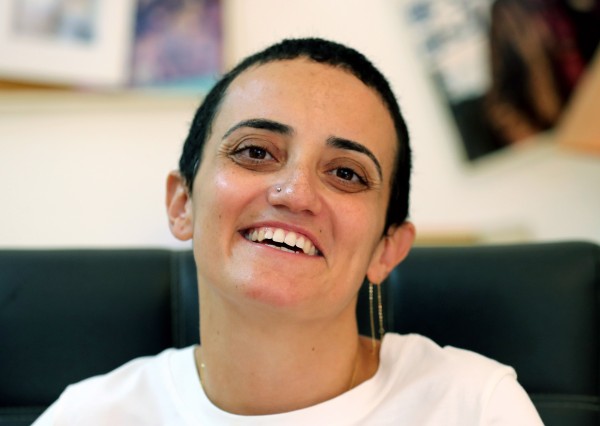The International Press Institute (IPI) today strongly condemned the continued detention of journalist Abdullah Elshamy by Egyptian authorities and called for the immediate release of all journalists being held in prison because of their work.
According to media reports, Elshamy, a journalist for Al Jazeera’s Arabic channel who has been detained since Aug. 14 without charge, was told in court yesterday that his detention would be renewed for a further 45 days. Concerns over Elshamy’s health have been reported widely in the media in recent months after he announced in late January that he would go on a hunger strike.
He is believed to still be on the hunger strike and ailing, but Egyptian authorities have said that Elshamy has ended the hunger strike and is in good health.
“It is unfathomable that Egyptian authorities would not work more diligently to bring Abdullah Elshamy’s case to a swift conclusion and that he, particularly in his current state of ill health, would not be released from prison immediately,” IPI Executive Director Alison Bethel McKenzie said. “Egypt must live up to the true spirit and word of its new Constitution in respecting press freedom to the fullest.”
Ahram Online reported yesterday that Elshamy is being held in Tora Prison in the southern outskirts of Cairo. The allegations against him include disrupting public order and inciting violence.
Three other detained Al Jazeera journalists are scheduled to appear in court in Egypt on Monday to face charges of airing false news and aiding the Muslim Brotherhood, an organisation that has been banned in Egypt.
Egyptian prosecutors said last week that they would seek the maximum 15-year sentence for Peter Greste, an Australian who works for Al Jazeera English, and his colleagues Mohamed Fahmy and Baher Mohamed.
Media outlets reported that the lead prosecutor in the case against the three journalists, Mohamed Barakat, asked the court on June 5 to, “without compassion or mercy, apply the maximum penalty for the abominable crimes they have committed”. Barakat said that “Freedom of expression does not mean the freedom to lie and spread false information” and he argued that “mercy for such [people] will bring the entire society close to darkness”.



